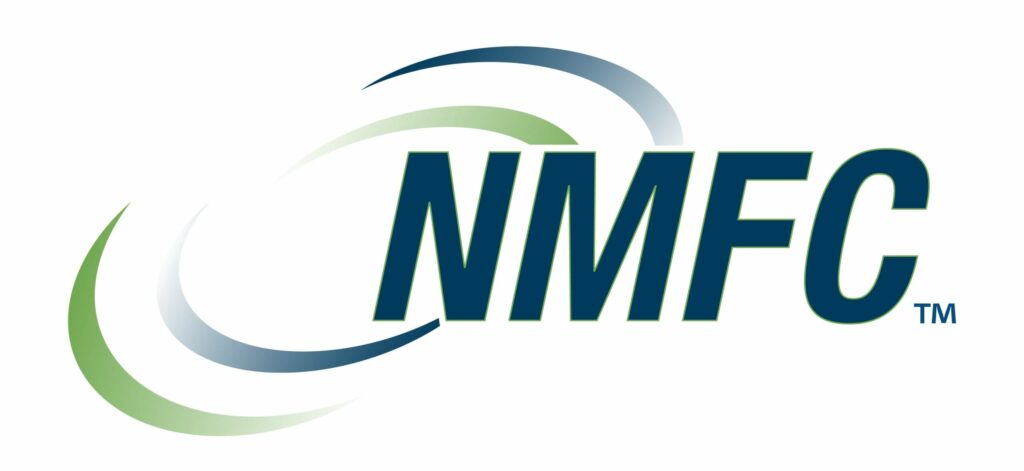
In the fast-paced and heavily regulated world of freight brokering, understanding trucking regulations and laws is crucial. Not only do these rules ensure the smooth movement of goods across the country, but they also protect brokers, carriers, and shippers from legal and financial risks. Here’s a comprehensive breakdown of the essential trucking regulations every freight broker must know to operate effectively and stay compliant.
FMCSA Authority and Licensing

The Federal Motor Carrier Safety Administration (FMCSA) is the governing body overseeing freight brokers and motor carriers. To legally operate as a freight broker, you need to:
- Obtain a Broker Authority: This is done by filing Form OP-1 with the FMCSA and paying the associated fees. This authority allows you to act as a middleman between shippers and carriers.
- Secure a USDOT Number: This unique identifier is essential for tracking safety records and compliance.
- Bond or Trust Fund Requirement: Freight brokers must hold a surety bond or trust fund agreement worth at least $75,000 to protect against fraud or failure to pay carriers and shippers.
Freight Broker Bond Compliance

The $75,000 freight broker bond, mandated by the FMCSA, ensures that brokers can cover financial obligations to carriers or shippers if disputes arise. Maintaining an active bond is critical for retaining your license. Brokers should:
- Work with reputable bonding companies.
- Renew their bond annually.
- Address claims promptly to avoid losing operating authority.
Hours of Service (HOS) Rules

The FMCSA enforces Hours of Service (HOS) rules to limit driver fatigue and ensure road safety. While freight brokers are not directly responsible for HOS compliance, they must schedule loads in a way that allows carriers to adhere to these regulations. Key HOS rules include:
- A maximum of 11 hours of driving within a 14-hour workday.
- A 30-minute rest break after 8 hours of driving.
- A mandatory 34-hour reset period for drivers before starting a new workweek.
By understanding these regulations, brokers can avoid putting undue pressure on carriers, which could lead to fines or delays.
ELD Mandate

The Electronic Logging Device (ELD) mandate requires most commercial drivers to record their Hours of Service electronically. Brokers should verify that their partnered carriers comply with the ELD mandate. Non-compliance by carriers could result in fines, delays, or legal liabilities that may indirectly affect brokers.
Freight Classifications and Tariffs

Freight brokers need to be familiar with the National Motor Freight Classification (NMFC) system, which categorizes goods based on factors like weight, size, and value. Understanding freight classifications ensures accurate pricing and prevents disputes between shippers and carriers.
Additionally, brokers should be well-versed in tariffs, which outline the terms and rates for freight shipments. Transparency in these areas minimizes confusion and builds trust with clients.
Insurance Requirements

While brokers don’t transport goods directly, they play a critical role in arranging shipments and must ensure carriers have adequate insurance coverage. Key types of insurance include:
- Cargo Insurance: Covers damage or loss of goods during transit.
- Liability Insurance: Protects against accidents or injuries caused by the carrier.
- Contingent Cargo Insurance: Offers an additional layer of protection for brokers in case the carrier’s policy doesn’t cover a claim.
Some shippers may also require brokers to hold their own liability insurance, so it’s wise to review contracts carefully.
Anti-Double Brokering and Fraud Prevention

Double brokering occurs when a carrier re-brokers a load to another carrier without the broker’s knowledge or consent. This practice can lead to payment disputes, delays, and damaged reputations. To prevent fraud, brokers should:
- Partner with verified carriers with strong safety ratings.
- Use tools like Carrier411 or DAT Directory to vet carriers.
- Maintain open communication with both shippers and carriers throughout the shipping process.
Contracts and Legal Agreements

Every freight broker must draft clear and comprehensive contracts with both shippers and carriers. These agreements should outline:
- Payment terms.
- Responsibilities of each party.
- Liability in case of loss or damage.
Having strong legal agreements minimizes misunderstandings and offers protection if disputes arise.
Environmental Regulations

The trucking industry is subject to various environmental regulations aimed at reducing emissions and promoting sustainability. While brokers aren’t directly responsible for these regulations, they should encourage the use of eco-friendly carriers who comply with:
- The EPA’s SmartWay program.
- Emission reduction technologies like aerodynamic trailers and low-resistance tires.
Sustainability is increasingly becoming a factor in shipper decisions, so promoting green logistics can give brokers a competitive edge.
State and Local Regulations

Freight brokers operating across multiple states must understand that some regulations vary by state. For instance:
- Weight and Size Limits: These can differ based on state laws.
- Tolls and Permits: Certain states require additional permits for oversize loads or hazardous materials.
Using routing and compliance software can help brokers navigate these challenges efficiently.
Data Privacy and Cybersecurity

With the rise of digital freight matching platforms, protecting sensitive client and carrier data is paramount. Freight brokers should:
- Use secure systems for managing contracts and invoices.
- Implement multi-factor authentication for accessing digital platforms.
- Comply with data privacy laws, such as the CCPA or GDPR, if applicable.
Cybersecurity breaches can lead to financial losses and damage to reputation, making this an essential focus for brokers.
Conclusion
Navigating trucking regulations and laws is a cornerstone of successful freight brokering. By staying informed and compliant, brokers can build trust with clients, reduce legal risks, and maintain smooth operations. In this dynamic industry, continuous learning and adaptation to new regulations will set brokers apart and ensure long-term success.
For additional resources, consider consulting FMCSA guidelines, freight industry associations, and legal experts specializing in transportation law.
